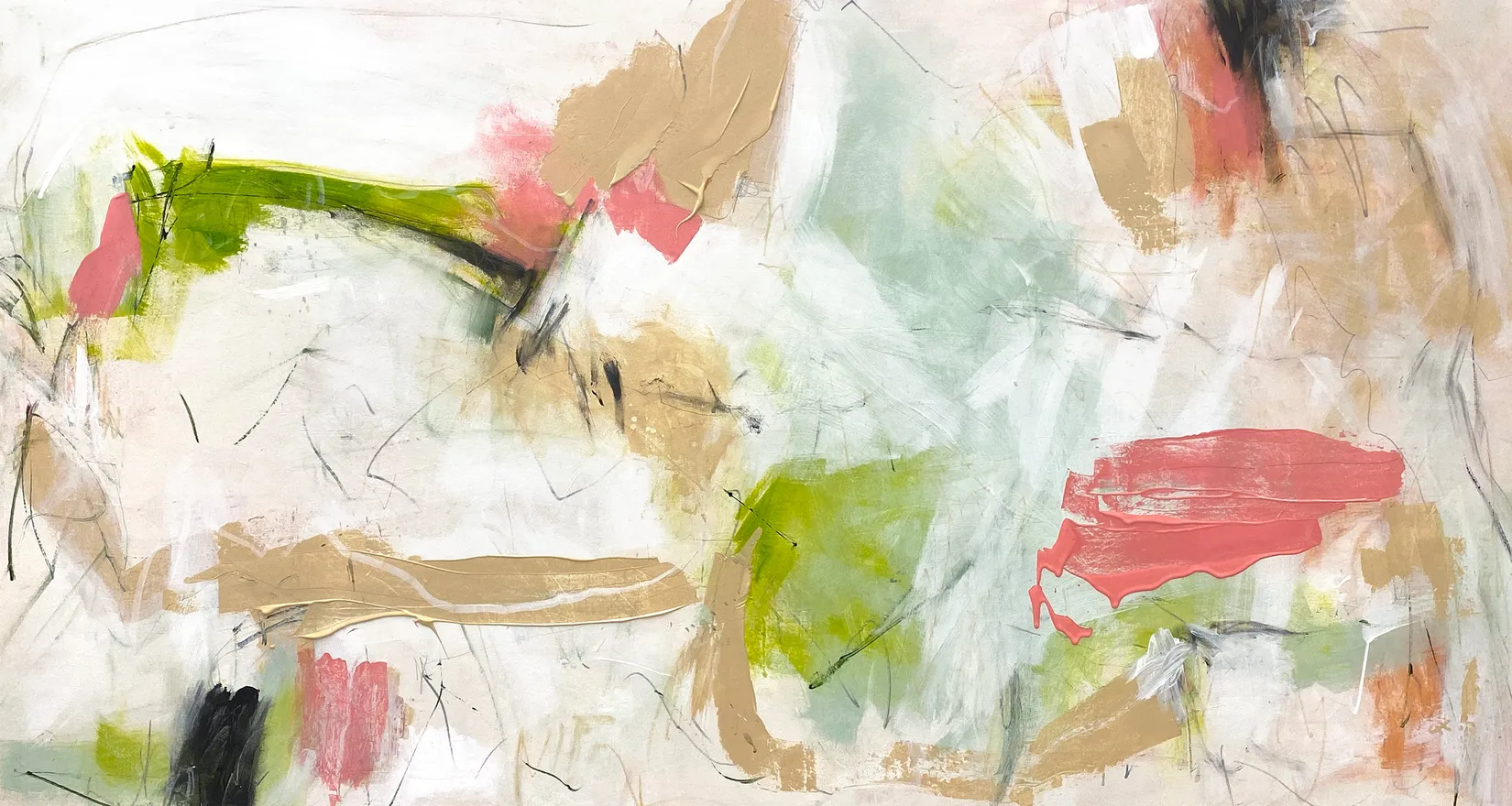What would shift if both people in a relationship made it a habit to assume the best of one another?
Take a second and imagine that.
Fewer arguments that spiral out of nothing. More small moments of grace. A little more breathing room for both of you to just be human.
What “Assuming the Best” Actually Means
Assuming the best isn’t pretending everything’s fine. It’s choosing to believe that your partner’s intentions are mostly good — even when their timing or tone misses the mark.
It’s the difference between thinking He’s being rude and He’s probably stressed right now. Or She doesn’t care versus She might be overwhelmed and forgot.
When we make this shift, we don’t lose awareness. We just stop assuming the worst before we have all the facts.
Why It’s Hard to Do
Let’s be honest — this doesn’t come naturally. Our brains are wired to spot threat, not trust. When something feels off, we automatically scan for danger.
And in relationships, “danger” often translates to rejection, criticism, or neglect. So if you’ve been hurt before (by this partner or someone else), your body may jump to self-protection before your mind even knows what’s happening.
That’s why assuming the best is a practice, not a personality trait. It asks you to pause and remember: Maybe this moment isn’t what it seems.
The Cost of Not Assuming the Best
When we assume the worst, it leaks out in small ways.
We pull back.
We snap.
We shut down.
We start reacting to our interpretation of our partner, not the actual person in front of us.
Over time, this creates distance — the kind that doesn’t come from one big fight, but from a thousand tiny misreads.
What It Looks Like in Real Life
- Your partner comes home quiet. Instead of thinking They’re mad at me, you wonder, Maybe they just need a minute to transition out of work mode.
- They forget to text. Instead of They don’t care, you try They probably got distracted — I know how that goes.
- They use a short tone. Instead of They’re attacking me, you think Something might be off; I’ll check in when things settle.
You’re not excusing the behavior. You’re staying curious enough to understand it.
How to Practice This Together
- Start with awareness. Catch the moment when you start assuming. Ask yourself, Do I know this for sure, or am I guessing?
- Take a pause. Even a ten-second breath before responding can make a huge difference.
- Check your tone. Curiosity sounds different than accusation. Are you okay? lands a lot better than What’s your problem?
- Talk about the practice. Tell your partner, “I’m working on assuming the best — will you do it with me?” Naming it helps both of you hold each other gently accountable.
- Appreciate the effort. When you notice your partner giving you the benefit of the doubt, say thank you. It reinforces the new pattern.
The Relationship That Grows From This
If both people practiced assuming the best, the whole emotional climate of the relationship would change. It would feel safer, lighter, and more generous. You’d argue less about tone and timing, and spend more energy actually understanding each other.
It doesn’t mean you’ll never get frustrated or misread things. It means you’ll recover faster and feel more connected in the process.
So maybe the real question is this:
What would love look like if we both decided to believe the best of each other — not just once, but every day?
That’s a relationship worth building.











